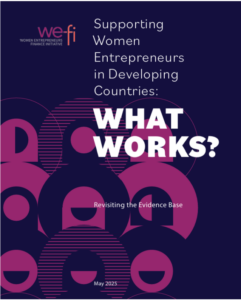Thursday, June 26
9:00am – 10:00am EST
Description: Women entrepreneurs drive economic growth, creating businesses that generate jobs, develop human capital, and boost female labor participation. However, they face significant challenges in starting and growing their businesses. While the benefits of women’s entrepreneurship are clear, we know less about which interventions effectively support them. Understanding what works and what doesn’t is crucial for designing evidence-based support programs and policies.
The We-Fi Evidence Paper presents findings from a comprehensive review of literature across four key areas—finance, skills and networks, markets and technology, and the enabling environment—highlighting what we know and where evidence gaps persist. The 2025 edition revisits the 2022 version, offering a dynamic view of how the literature has evolved with new evidence from 2022 to 2025. Building on this framework and the identified research opportunities, We-Fi works with Implementing Partners, thought leaders, practitioners, and researchers to close evidence gaps and promote evidence-based policies, interventions, and product designs that support women entrepreneurs.
Objective: The goal of this webinar was to present and discuss key findings from the We-Fi evidence paper, including the most pressing evidence gaps and future research opportunities. The event brought together topic experts to share their insights, and invited We-Fi Implementing Partners, donors, and other stakeholders to engage on We-Fi’s research agenda.
Presentation
Lessons from the Evidence and Opportunities for Further Research – Felicia Siegrist, Report Author and Research & Knowledge Lead, We-Fi
Publication
9:00 – 9:05 Welcoming Remarks by Wendy Teleki, Head of We-Fi
9:05 – 9:20 Presentation of Key Findings from the We-Fi Evidence paper
- Felicia Siegrist, Report Author and Research & Knowledge Lead, We-Fi
9:20 – 9:50 Panel Discussion with Topic Experts
- Diego Ubfal, Senior Economist, World Bank
- Amanda Elam, Research Fellow, Babson College
- Daniela Behr, Economist, Women, Business and the Law
9:50 – 10:00 Short Q&A
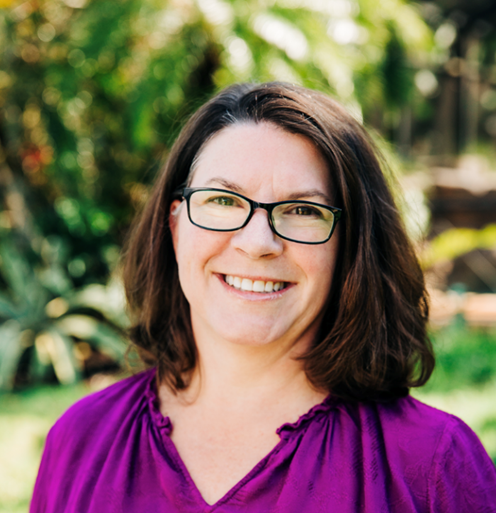
Amanda Elam, Research Fellow at the Diana International Research Institute at Babson College
Dr. Amanda Elam is a globally recognized scholar in entrepreneurship research, known for her groundbreaking work on gender, innovation, and venture growth. Dr. Elam is a Research Fellow at the award-winning Diana International Research Institute at Babson College. With a deep commitment to advancing academic rigor and real-world impact, Dr. Elam has shaped critical conversations about the role of gender in entrepreneurial ecosystems, providing data-driven insights that challenge traditional narratives and inform policy and practice, particularly through her innovative thought leadership on the GEM Women’s Entrepreneurship Report.
Dr. Elam is also a cofounder and board member of an early-stage medical diagnostics company in North Carolina and serves as a business advisor to a number of innovative life sciences startups, INGOs supporting women entrepreneurs, and appears regularly on panels and podiums at industry and global research conferences. She holds a doctorate in Sociology from UNC Chapel Hill.
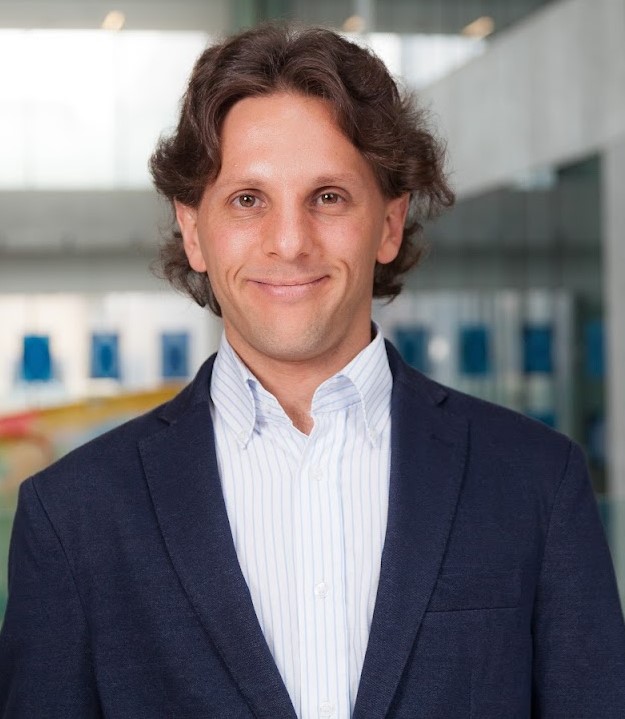
Diego Ubfal, Senior Economist in the World Bank’s Gender Group
Diego Ubfal is Senior Economist in the World Bank’s Gender Group, where he leads the work on entrepreneurship and gender and coordinates the Federation of Gender Innovation Labs. He provides support to use evidence from what works on fostering women empowerment to inform the uptake of effective policies. His research projects have a focus on entrepreneurship (business training, soft-skills development, networks, digital tools and innovation), the transition from school to work, and financial access.
Before joining the World Bank, he was Assistant Professor at Bocconi University, and research affiliate at JPAL. He earned a Bachelor’s degree in Economics from the University of Buenos Aires, a Master degree from the University of San Andres, and a PhD from UCLA.
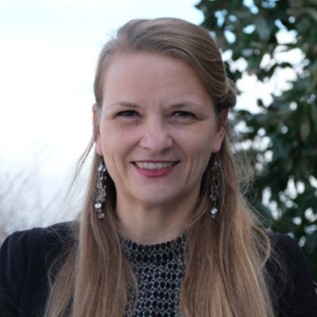
Daniela Behr, Economist at the World Bank’s Women, Business and the Law
Daniela Behr is an Economist at the World Bank’s Women, Business and the Law project, where she leads the team’s research on women’s legal capacity in areas such as property rights, financial inclusion, and entrepreneurship. Since joining the World Bank Group in 2018, she has contributed to a wide range of initiatives, including co-leading a research project on affordable housing, assessing the impact of IFC’s investments in financial institutions, and developing indicators related to agribusiness regulations.
Prior to her work at the World Bank, Daniela served as a research fellow at the University of Konstanz and George Washington University, and worked as a human rights and gender specialist with the German Development Cooperation (GIZ) in Dar es Salaam, Tanzania. She holds a PhD in political economy from the University of Konstanz and studied in Konstanz, Madrid, and Toronto.
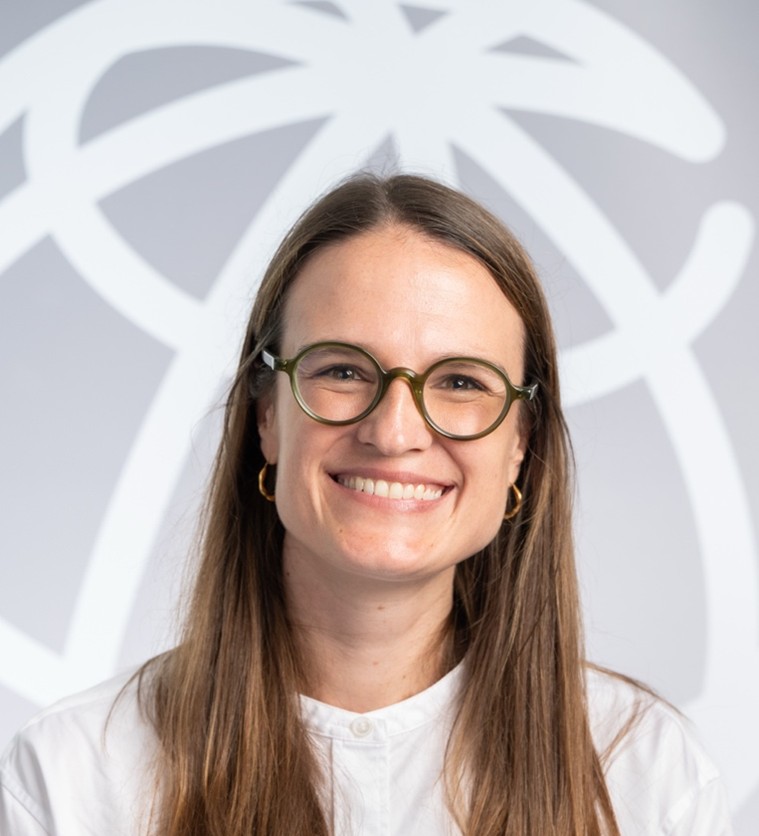
Felicia Siegrist, Senior Knowledge Officer at We-Fi
Felicia Siegrist leads We-Fi’s research, knowledge, and learning work and is the author of We-Fi’s Evidence Paper (2022 and 2025 editions). Since joining We-Fi in 2021, she has developed and implemented a range of initiatives, including the We-Fi Research Conference, Knowledge Series, and several publications. She is committed to empowering women entrepreneurs in emerging markets through her expertise in gender, research, innovation, and entrepreneurship.
Prior to joining the World Bank, Felicia worked with a venture studio, an accelerator, and a social enterprise across East and West Africa and Latin America, bridging the gap between entrepreneurship, research, and policy through evidence-based and human-centered design approaches.
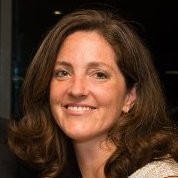
Wendy Teleki, Head of the We-Fi Secretariat
Wendy Teleki is Head of the We-Fi Secretariat, which is housed in the World Bank Group. The Secretariat is responsible for supporting the We-Fi Governing Committee in the allocation and supervision of We-Fi funding as well as communications, advocacy, and learning focused on strengthening opportunities for women entrepreneurs in collaboration with the GC, Implementing Partners and other stakeholders.
Ms. Teleki joined We-Fi in May 2019. Prior to that, Ms. Teleki worked with the International Finance Corporation leading numerous activities and initiatives focused on small and medium enterprise development in emerging markets around the world. This included several blended finance, investment and advisory programs, including IFC’s We-Fi program and the Global SME Finance Initiative.
Wendy has an MBA in Finance from the Wharton School of Business and an MA in International Economics from the Johns Hopkins School of Advanced International Studies.

